Scale, compound, and practice being happy.
The Almanack of Naval Ravikant by Eric Jorgenson is freely available online. It is a collection of thoughts about wealth and happiness from Naval Ravikant, an extremely successful investor and entrepreneur. It is bursting with wisdom. Much of his thoughts on happiness are inspired by stoicism.
The key message on wealth: work to develop a method to scale your endeavors so that they can compound without requiring exponentially more of your time.
The key message on happiness: acknowledge that your desires for ‘stuff’ or change exist and fulfilling them is not the route to contentment, rather to live in the present and finding peace with the way things are.
Some points on wealth:
- Develop specific skills (especially those that cannot be taught to someone else) and leverage (particularly through code and media) in order to ‘productise’ yourself
- Specific knowledge is often new and on the fringe of what is being done elsewhere
- Look at your childhood to identify your unique, specific skills
- Then use compound interest to build wealth: business relationships, specific investments, etc.
- Find a way to create wealth whilst you sleep
- Must be able to scale it
- Ravikant believes applied science is most powerful field in society
- Technology can be defined as ‘something that doesn’t quite work yet’
- You need to deeply believe in ethical wealth creation or it will elude you
- Need to take risks under your own name to build credibility
- Do not compete through imitation of what others are doing
- Focus on being truly authentic as no one can be you
- Set a ridiculously high hourly rate for yourself and work to enforce it; you’ll never be worth more than how high you set this
- Seeking status (e.g. CEO) is a zero sum game
- Spend a long time deciding on: where you live, who you spend time with, and what you do
- It is what you are working on, not how hard you work, which is most important
- Retirement can be defined as: when you are no longer putting off what you want to do for some later date
- Don’t upgrade your lifestyle in line with your earnings. This then gives you freedom
- Put yourself into position to become lucky
- [This could also be thought of as being ready to take opportunities.]
- Have 1-2 days per week to be bored to let good ideas come to you
- To see truth and make better decisions you must let go of your ego, and accept the pain of reality; holding too closely to a desired outcome prevents this by not letting you see the world as it really is
- Combine radical honesty with criticising generally and praising specifically
- Criticise the overall process or principle (rather than the individual directly)
- Whereas, seek out the best example in order to praise
- To succeed financial, you must understand microeconomics, the principal agent problem, and game theory
- If you can’t decide on whether to take a work opportunity, the answer should be no;
- If you are split between two options, then take the option that involves more short-term pain as likely to be better in the long run
- Feel comfortable putting a book down once you have the gist of something
- The number of books consumed is not a useful metric
- The further you go the more you will cut short reading
- Focus on the fundamentals, especially old well-established truths, before building new ideas on them
- Money can solve problems that prevents you from being happy but does not bring happiness itself
Some points on happiness:
- The definition of happiness is different for everyone and evolves over time
- Could be: the absence of desires or negativity; i.e. being content in the present
- You must realise that being happy is a skill (as is love)
- A skill based on how you interpret experiences
- Work on happiness like fitness, it takes time and effort
- The world is fixed and we are malleable, so distance yourself from externals as far as possible
- [The world is fixed in the sense that we do not have direct control over most of the things that happen to us.]
- As there are infinite external problems, you can only be content (and therefore happy) when you give up the desire to fix all the issues
- 3 options for every situation: change it (i.e. it becomes a desire), accept it, or leave it
- Acknowledge that much of our anxiety is because we are planning the future or reflecting on the past, rather than embracing the present
- Meditation helps illuminate this observation
- Desire is allowing yourself to be unhappy until you get what you want
- Limit yourself to one desire at a time
- Beware the hedonic treadmill: “I’ll be happy when…”
- Specific strategies:
- Do activities that promote emotional stability (low sugar, minimum social media, low alcohol, few video games, low caffeine)
- Practice looking for the positive in all situations
- Tell people you are a happy person;
- Acceptance of death and the futility of life is the greatest acceptance of all
- Truly accepting mortality makes it easier to accept other challenging externals
- “Easy choices, hard life; Hard choices, easy life”
- On mediation:
- Choiceless awareness as a method of meditation by acknowledging the present without judgment or fear
- Meditate in bed then you either fall asleep or have deep meditation
- Sit for 1 hour and let your thoughts do whatever it wants
- Choiceless awareness as a method of meditation by acknowledging the present without judgment or fear
- Most suffering occurs in anticipation
- You can practice reducing your anticipatory suffering (e.g. have cold showers)
- Practice your internal self-awareness of unhelpful thought processes (‘debugging mode’
- Be in a constant state of removing old bad habits and creating new better ones: commit externally
- Recognise you don’t want to change; there is tremendous inertia to maintaining the status quo
- Be impatient about your actions yet patient with results
- So, begin now but keep going for much longer than you think you need to
- Play the long-term game and use compound interest
- Value your time more than absolutely everything
- Wisdom is knowing the long-term consequences of your actions
As the authors emphasise, these points relate to learning only, not the broader topic of education.
More books like this:
- Steve Jobs by Walther Isaacson
- The practicing stoic by Ward Farnsworth
- The compound effect by Darren Hardy
Useful links:
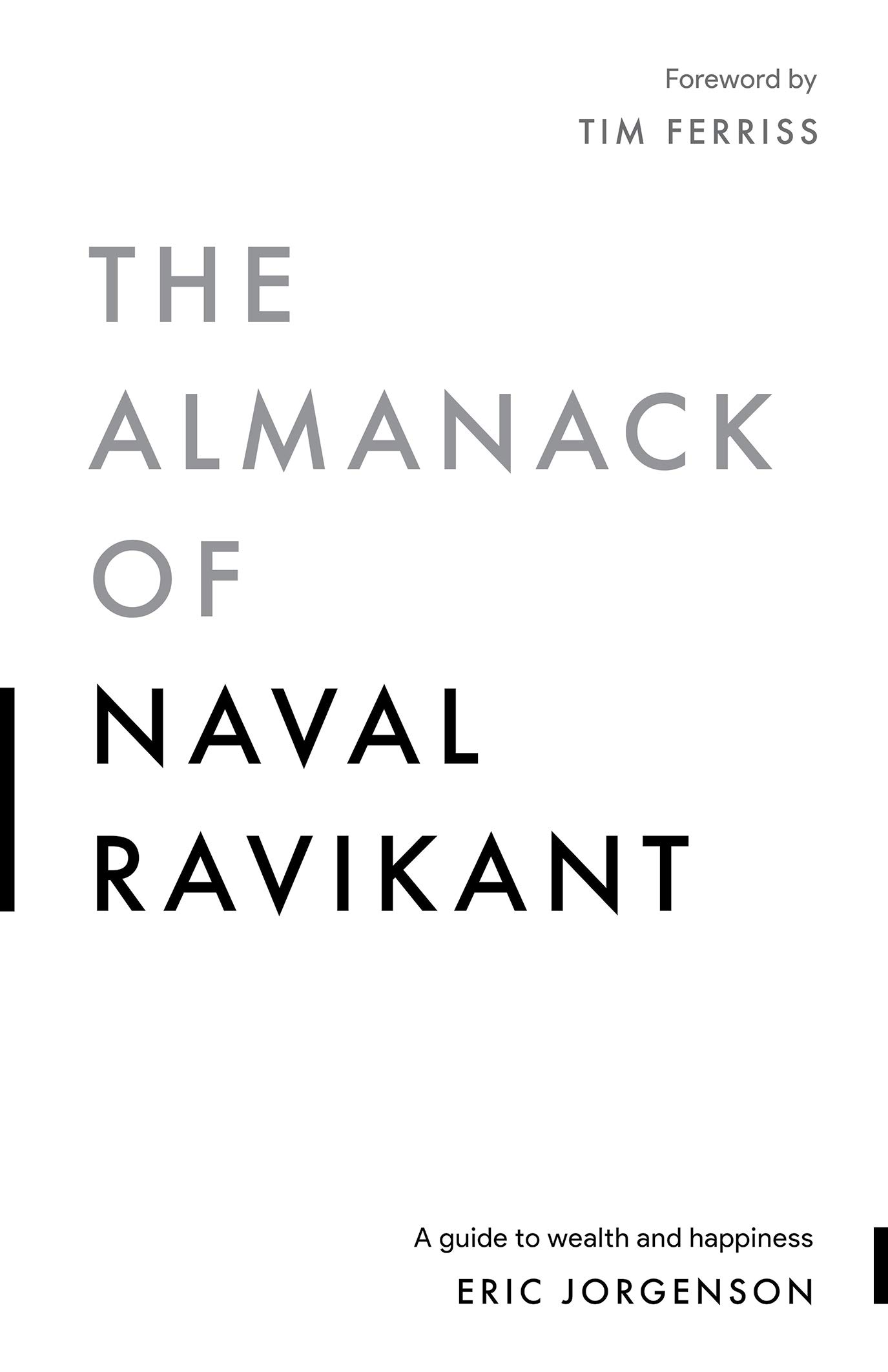
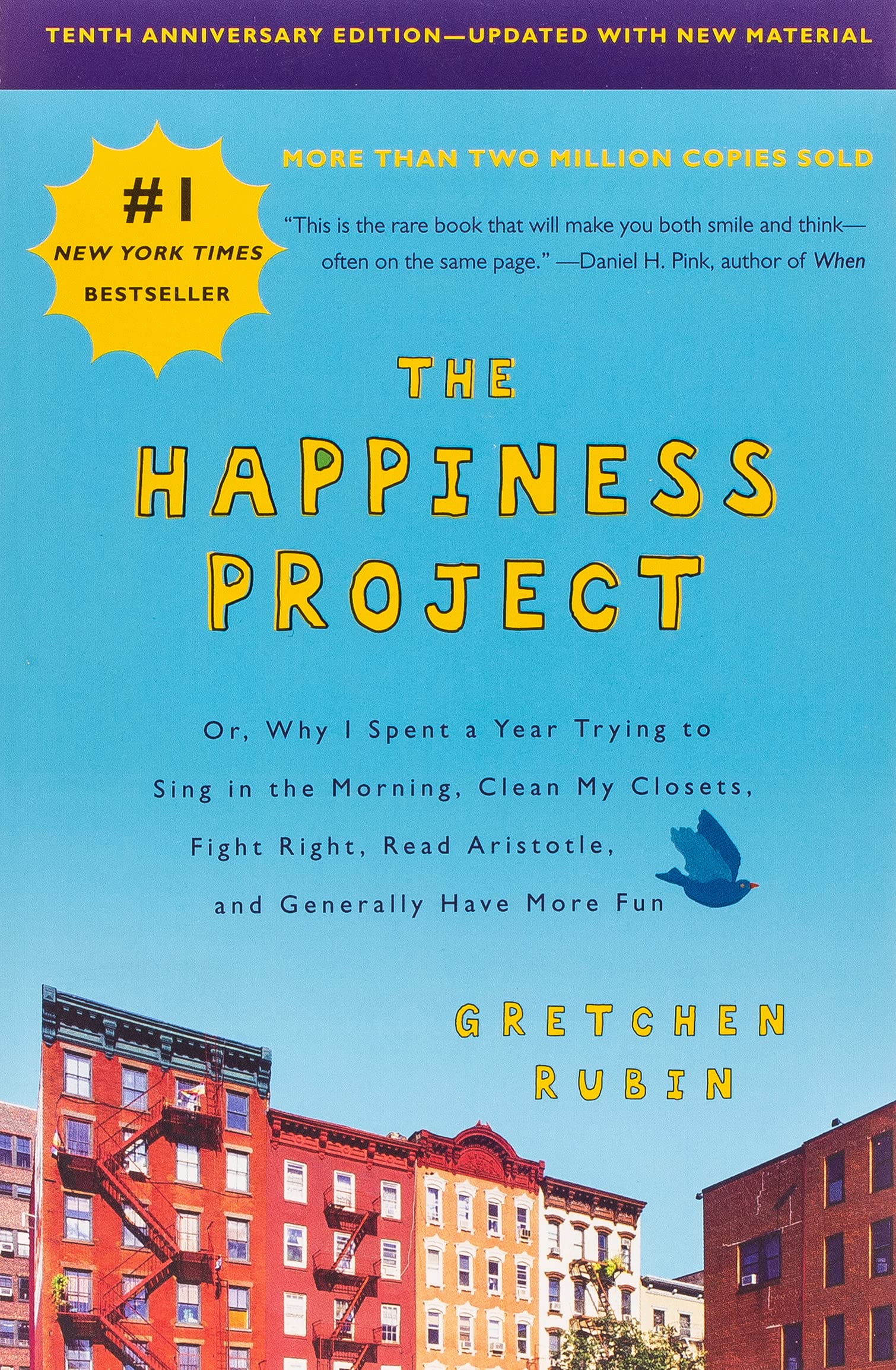
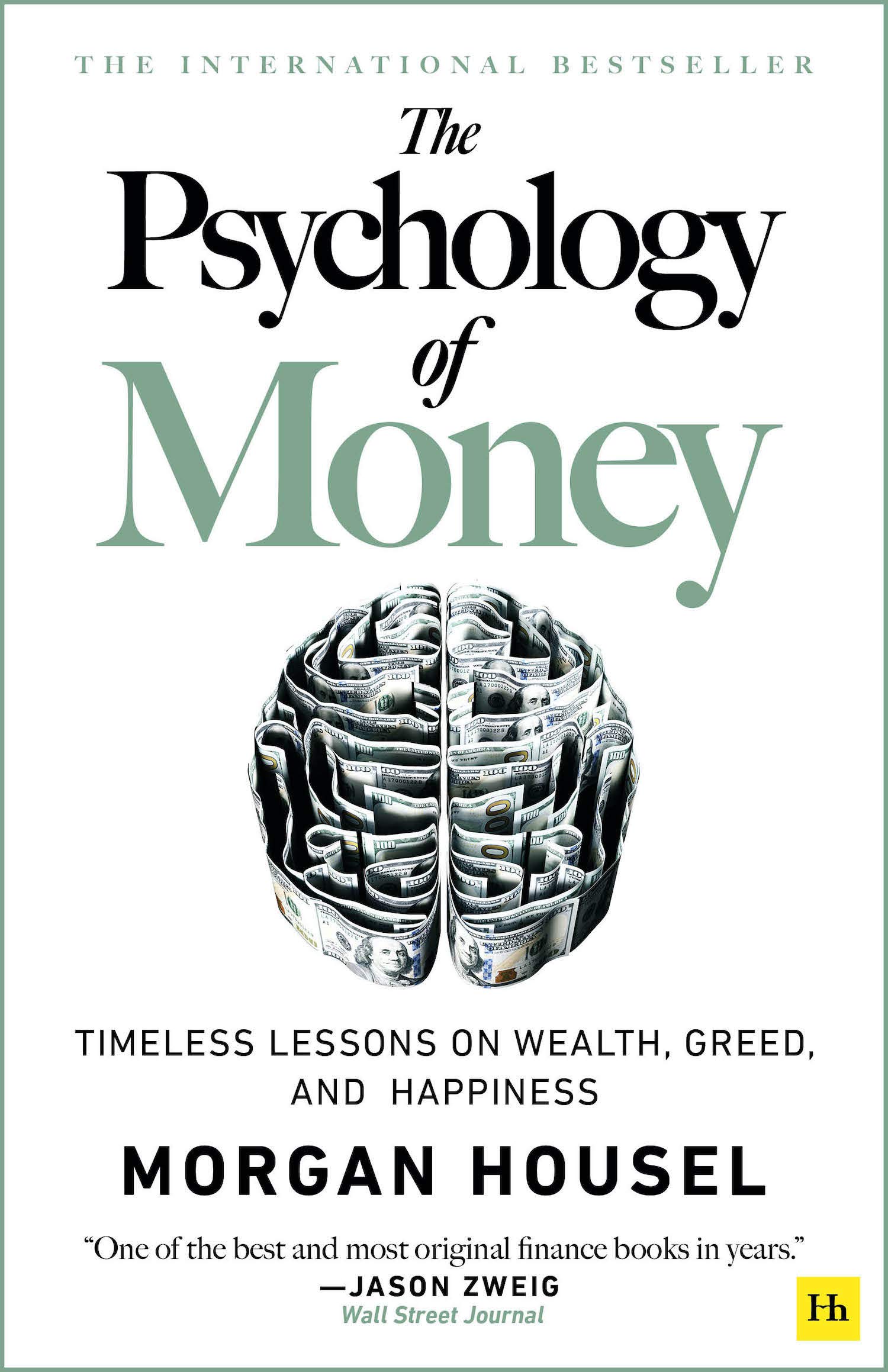
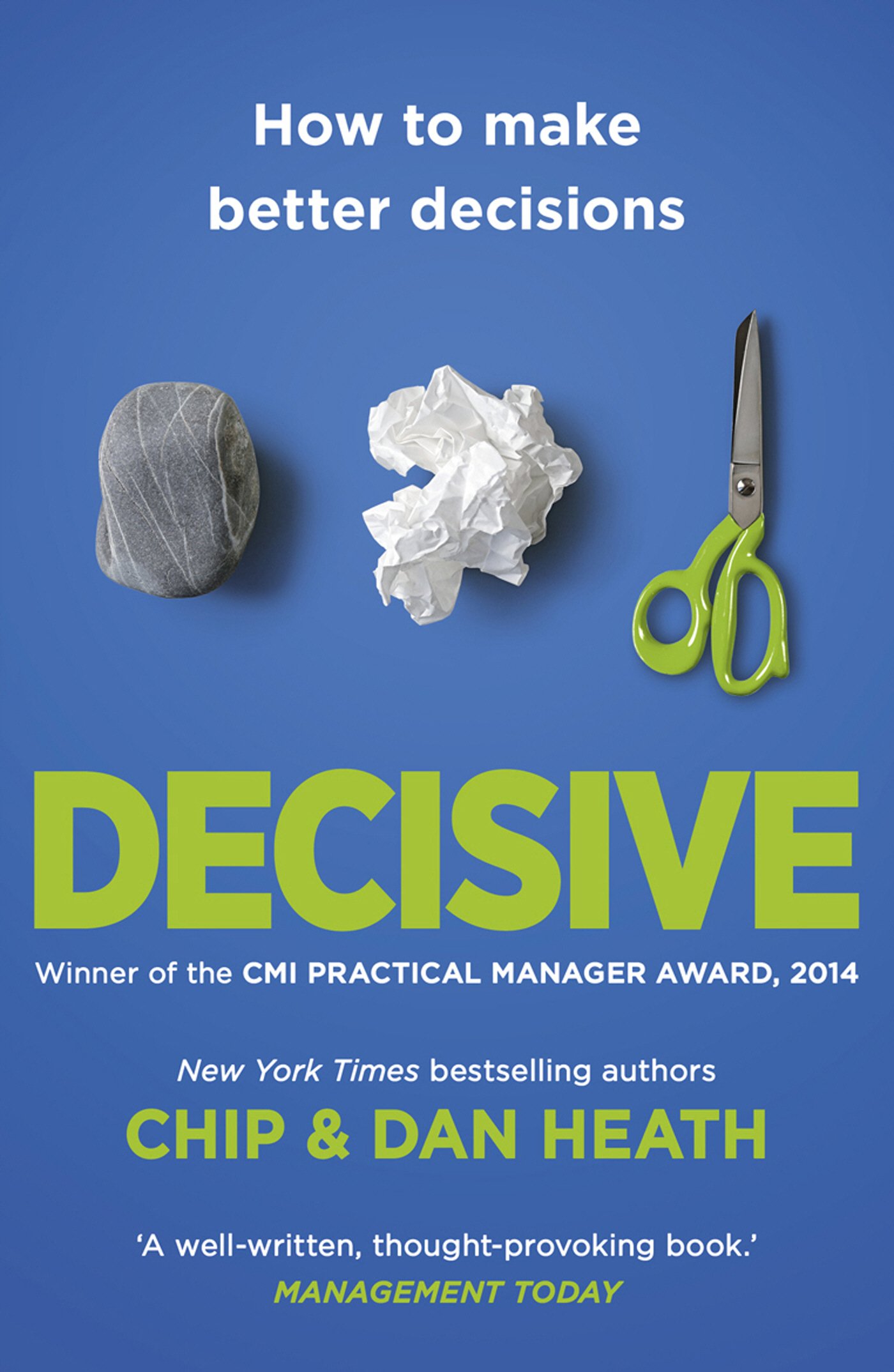
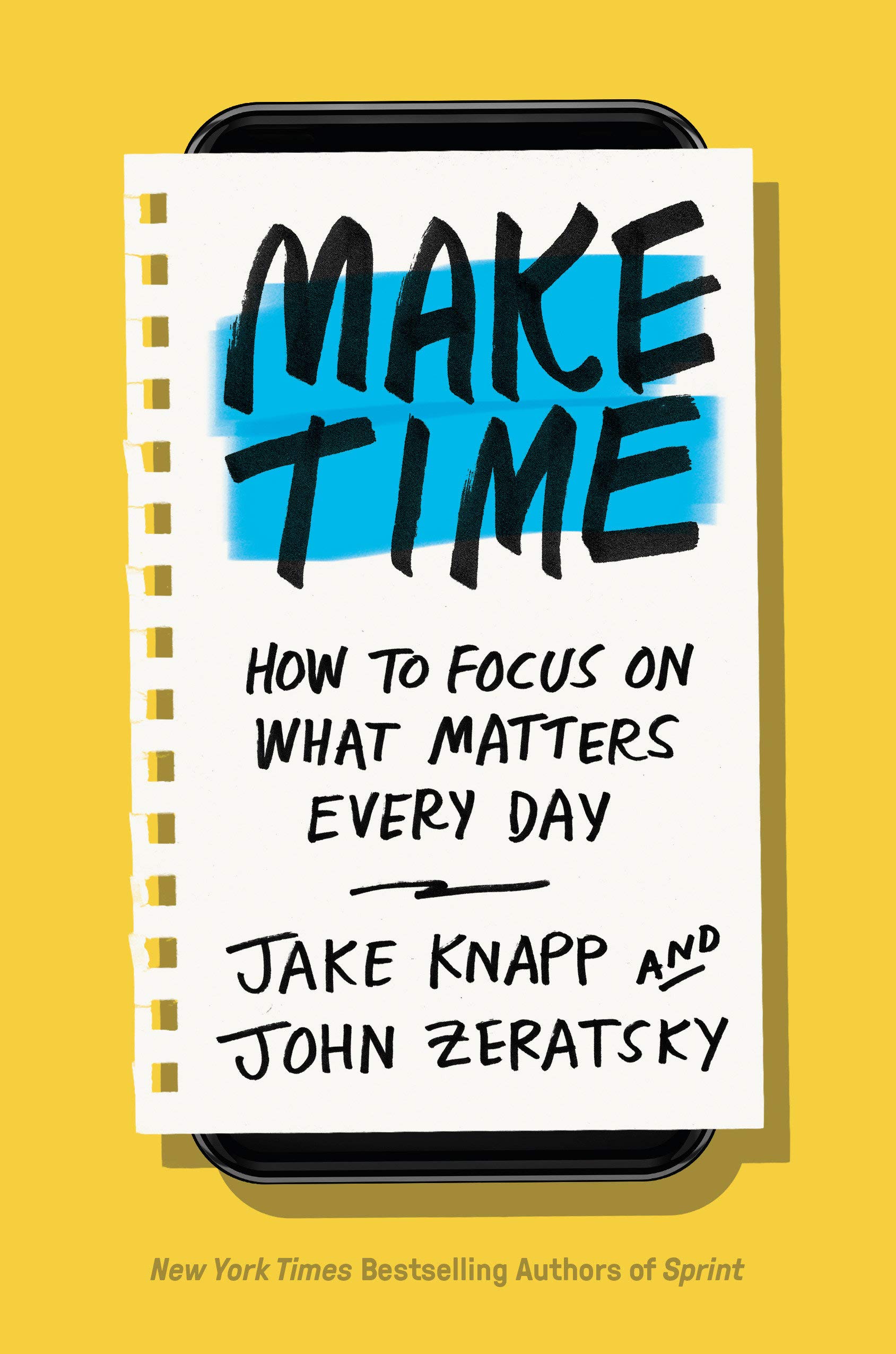
One thought on “The Almanack of Naval Ravikant by Eric Jorgenson”
Comments are closed.